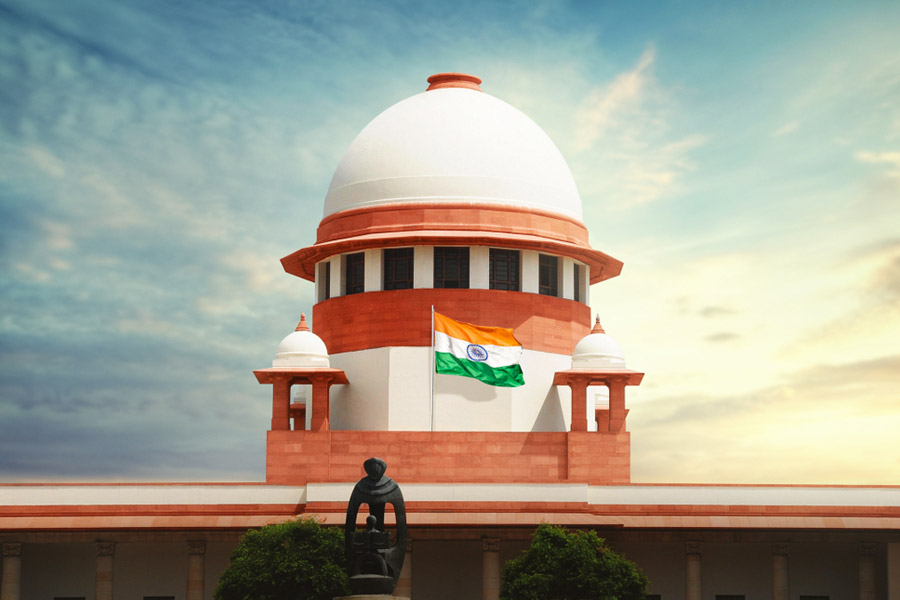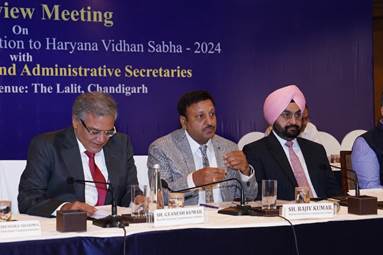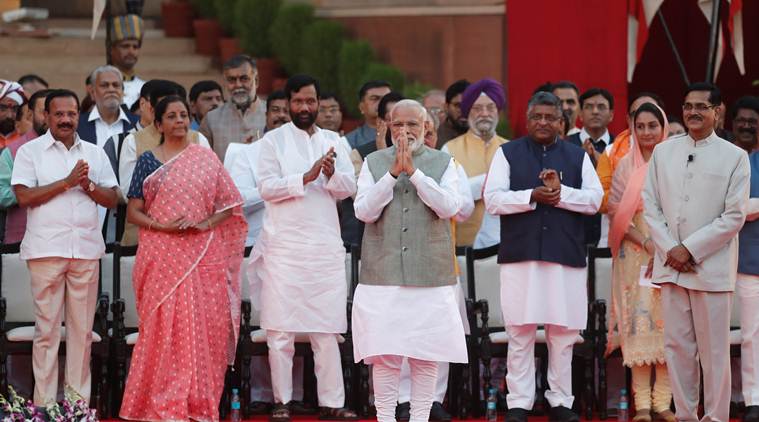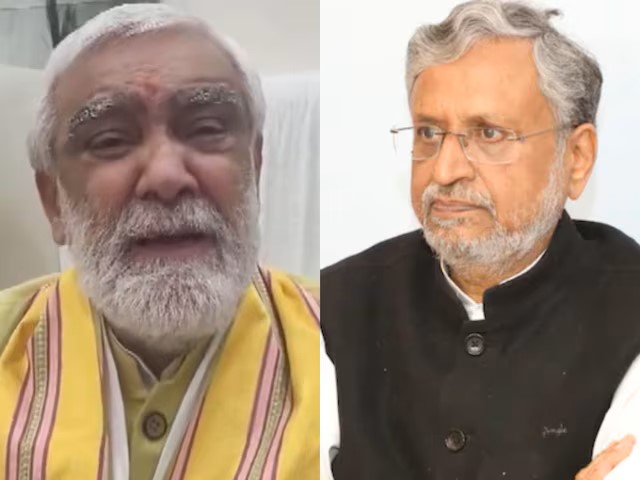The Supreme Court in New Delhi stated today that it does not have authority over the Election Commission and cannot oversee how elections are conducted. This statement was made during a hearing on petitions seeking extensive cross-verification of electronic votes using the VVPAT (Voter Verified Paper Audit Trail) system. The court reserved its decision for now.
 The bench, comprising Justice Sanjiv Khanna and Justice Dipankar Datta, questioned whether it could act based on mere suspicions. In response to concerns raised by Advocate Prashant Bhushan, representing the petitioner Association for Democratic Reforms, the court emphasized it cannot alter the mindset of someone predisposed to a particular viewpoint.
The bench, comprising Justice Sanjiv Khanna and Justice Dipankar Datta, questioned whether it could act based on mere suspicions. In response to concerns raised by Advocate Prashant Bhushan, representing the petitioner Association for Democratic Reforms, the court emphasized it cannot alter the mindset of someone predisposed to a particular viewpoint.
The petitions call for cross-verification of every electronic vote with VVPAT paper slips. Currently, only five randomly selected electronic voting machines (EVMs) per assembly constituency undergo such verification.
Petitioners have expressed concerns about the reliability of the EVM system and compared India’s approach with European countries that have reverted to ballot voting. The court dismissed these comparisons, emphasising the distinct challenges faced in India. Meanwhile, the Election Commission defended the current system as secure and reliable.
The court requested clarification from the Election Commission on whether the system’s microcontrollers could be reprogrammed. The Election Commission responded that the microcontrollers can only be programmed once, while Mr Bhushan argued they have re-programmable flash memory. Ultimately, the court must rely on the Election Commission’s technical report.




